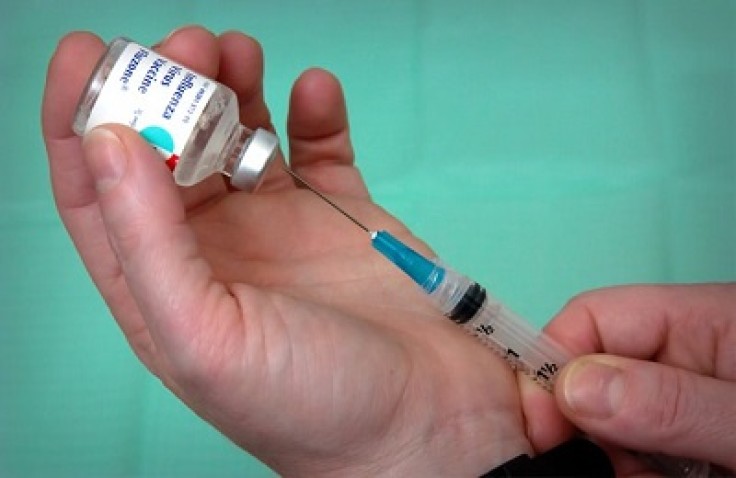A team from The University of Texas at Austin redesigned a key protein from the coronavirus successfully. The modified version could produce much faster and more stable COVID-19 vaccines worldwide.
Ten times the earlier version
Most vaccine candidates train the immunity to recognize the spike protein to fight illness. The spike protein is the SARS-CoV-2 virus key protein. The team designed a new protein version that could produce up to ten times than the first synthetic spike protein present in many COVID-19 vaccines.
Together with the National Institutes of Health colleagues, many UT research team members also designed the earlier version. It is found in at least two vaccine candidates in US clinical trials.
Senior author of the paper, Jason McLellan, explained how the improved version could speed up vaccine production. He said that based on the type of vaccine, the new version could reduce each dose's size. He said that it could allow more patients to have access to the vaccine.

More stable
The new protein, HexaPro, is more stable than the first version. It means that it is easier to store and transport. Since it keeps its shape under heat stress, through many freeze-thaw, and storage at room temperature, it could become a robust vaccine.
The Bill and Melinda Gates Foundation have donated to make the vaccines accessible to people with low income. Vaccine companies could test and further develop COVID-19 vaccines using HexaPro. McLellan also said that partners show interest in extending the access to technology for people in the world. He said that four billion people would need the vaccine.
In COVID antibody tests, HexaPro could act as a probe to detect the presence of antibodies. It could show whether a person was infected with the virus or not.
The new version uses smaller doses
The basis of vaccine candidates used in human clinical trials includes the original spike protein, Moderna's mRNA-1273, and Novavax's NVX-CoV2373.
With the nucleic acid-based vaccines like the mRNA-1273, patients use their cells to create viral proteins to trigger an immune response. The new version could allow the use of a smaller dose to produce the same response.
Subunit vaccines like NVX-CoV2373 contain an actual viral protein version as an antigen. Using the new version, researchers could produce many more vaccine doses in the same time frame.

Same as MERS-CoV
The team identified 100 varied modifications to the spike protein based on their experience before. Previously, they created stabilized proteins as vaccines against MERS-CoV and other viruses. They believe that they could produce a more stable and highly expressed version of vaccines for COVID too.
After adding each version's genetic blueprints into human cell culture, they created 100 varied versions of the protein. Twenty-six out of the 100 versions were more stable or had a higher expression.
The team took four from the 26 and two from their original spike protein then mixed them to create HexaPro. They injected the solution into human cell culture and found that the cells produced ten times more proteins.
See also:
Hand sanitizer recall: Reasons why you should not make your own
Moms Are 3x More Susceptible to Anxiety and Depression During Pandemic [Study Proved]
Use of Face Mask Significantly Dropped Coronavirus Cases [Study Proves]